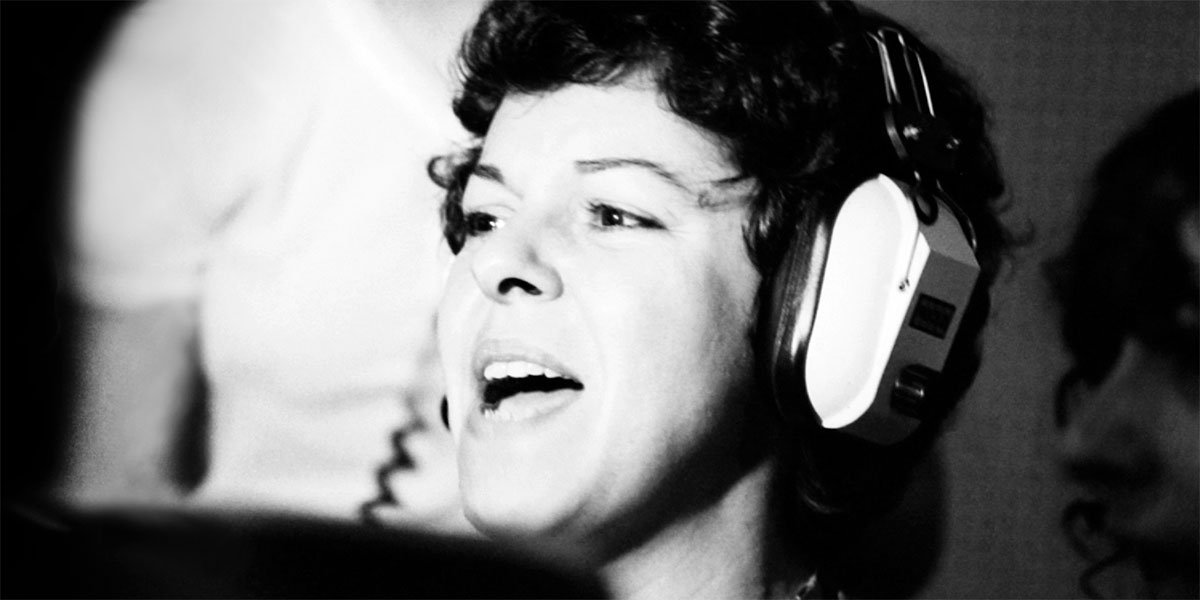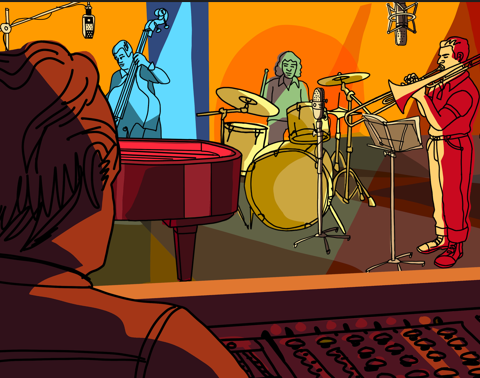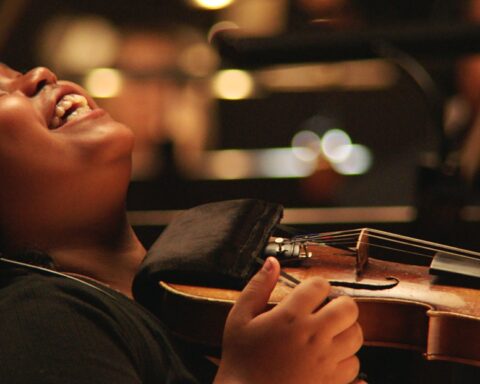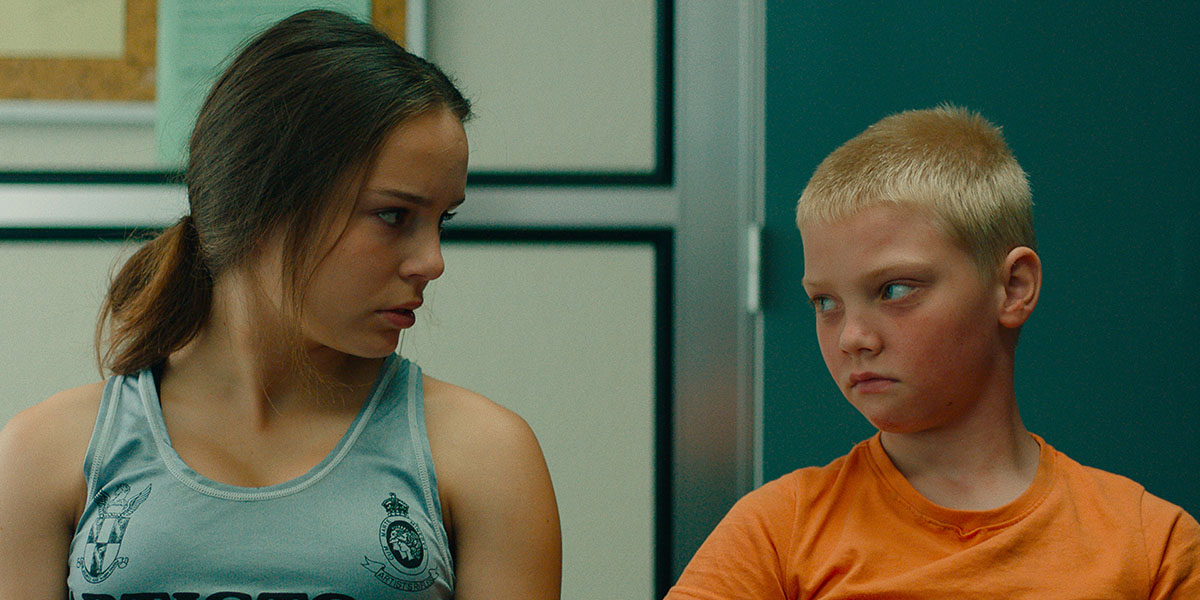Miúcha, The Voice of Bossa Nova
(Brazil/France, 98 min.)
Dir. Daniel Zarvos and Lilian Mutti
Programme: TIFF Docs (Canadian premiere)
Bossa Nova, or “new wave” Brazilian music, swept the arts scene in the late 1950s and early 1960s. A derivation of Samba rhythms mixed with complex jazz changes, Bossa Nova is played on a classical guitar with melodies locked into pedal notes that anchor the swaying harmonic structures. It soon became massively popular. With Marcel Camus’ Oscar winning film Black Orpheus exciting the intelligentsia, and cool jazz legend Stan Getz pairing with Bossa Nova kingpin João Gilberto and Astrud Gilberto on the iconic Girl From Ipanema album, the smooth, swaying rhythm defined this period between the early rock ‘n’ rollers, the emerging folk scene, and then British invasion beat bands.
When the story of this musical fascination is told, men like Gilberto, Black Orpheus’s composer Antônio Carlos Jobim, and guitarist Vinicius de Moraes are touchstone figures. However, one woman circled all these men in ways both musical and personal. Zarvos and Mutti’s sympathetic film Miúcha, The Voice of Bossa Nova focusses upon her legacy.
Heloísa Maria Buarque de Hollanda, who went by the stage name Miúcha, had a decades-long career at the forefront of this musical space. Born in Brazil to a large family, she left home at a young age to move to Paris, where a chance encounter led her to Gilberto. Soon they would be both musical collaborators and partners, eventually marrying and having a child together.
The film traces in chronological fashion not only the events of Miúcha’s life, but as we hear from her diaries, we witness the eventual transformation from insecure housewife and mother stifled by her mercurial yet immensely talented husband. This trajectory gives rise to feminist impulses to strike out in her own way and use a stronger, more powerful voice.
Through animation, voiceover narration, and interviews with the subject, audiences are drawn along the decades and the ups and downs of her life and career. This is unabashedly a full-on celebration of Miúcha, and while most men in her life come across with a mix of kindness or constraint, the portrait of the main subject is painted exclusively in positive notes.
The film does little to truly guide the uninitiated through the subtleties of this musical period, nor does it truly account for the changing tastes that saw its legitimized form be occupied by the “exotica” movement, save for one delightful sequence of impossibly rigid dancing that attempts to make sense of the polyrhythmic Bossa Nova beat. While the film articulates Miúcha’s chosen art form, it therefore does very little in terms of the larger landscape in which her career is situated. The result is a 98 minute running time that feels a bit of a slog, more informative and important as a testament to Miúcha’s legacy rather than a particularly exciting cinematic treat.
While the title of the film unabashedly declares Miúcha as the center of the Bossa Nova story, to declare her the voice of the form is, at best, disingenuous. Astrud, João’s first wife and musical muse with whom he had a son, is never once mentioned even in passing, for example. This erasure itself is worthy of documentary investigation beyond the obvious tension between ex-wife and new partner. If Miúcha’s music is worthy of discovery decades on, it’s unfair to ignore the fact that major recordings of the genre included a singer who was also immortalized in records from the period.
As a prod to dive into Miúcha’s music, and to commemorate her legacy (the singer died in 2018 at the age of 81), the film does an admirable job. As a showcase of the richness and complexity of the Bossa Nova scene, as well as the tumultuous aftermath of its massive popularity, it’s certainly less effective. However, if the only result of Miúcha, The Voice of Bossa Nova is to put her singing voice and intellectual spirit in the spotlight one last time, this documentary certainly accomplishes that task.













